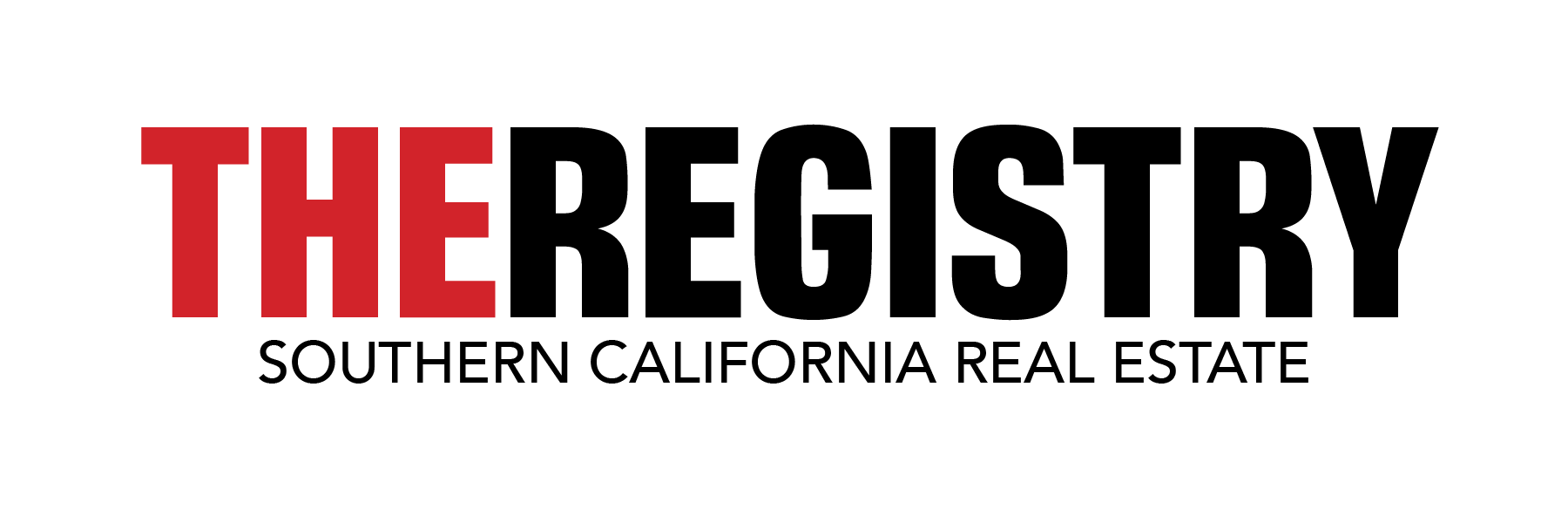Avison Young, one of Canada’s leading commercial real estate companies, has recently defaulted on some of its debt payments, a development that is stirring concerns in the property sector. This financial hiccup, as reported by S&P Global Ratings, has led to a significant downgrade of Avison’s credit rating and raised questions about the future of the company and the broader market dynamics.
S&P Global Ratings has downgraded Avison Young’s credit status to “selected default” following the company’s failure to make payments on its senior secured loan over the past two quarters, according to a report in The Globe and Mail. This level of default indicates that the company has failed to meet one or more of its financial obligations. “We view these missed payments as a default under our criteria, given that the lenders did not receive the value they were initially promised in a timely manner,” stated S&P.
Today, Avison Young disclosed that it has reached an agreement on a significant debt reduction deal with its existing financial allies. This move not only cuts Avison Young’s financial commitments by over 50 percent but also garners extra funding to propel its strategic objectives forward, according to the company’s news release.
“This transaction is an incredibly exciting step forward and positions Avison Young with the financial flexibility to invest in growth and continue to deliver for our clients,” said Mark E. Rose, chief executive officer of Avison Young in a statement. “We are proud of the proactive, strategic work we have done to create a more sustainable capital structure and are confident that our Principal-led culture, alongside a stronger balance sheet, will provide us with a distinct advantage as the industry recovers. Our financial partners have been very supportive throughout this process, and we look forward to working with them to create impact and value in the years ahead.”
Avison Young has entered into this agreement with most of its existing lenders and capital partners to stabilize and strengthen its financial foundation. This move, which preserves the company’s principal-led and owned culture, has enabled Avison Young to defer certain term loan payments while maintaining compliance with other payment obligations. The deal is expected to close in March and is likely to lead to a reassessment of the company’s debt structure by rating agencies, potentially resulting in improved financial ratings reflective of Avison Young’s enhanced financial position.
Adding to the company’s woes, S&P Global Ratings has expressed concerns over Avison Young’s management and governance. Vincent Fu, an S&P analyst, noted a shift in their assessment from “moderately negative” to “negative.” This revision is based on information received from the company, hinting at deeper issues within Avison Young’s organizational structure and decision-making processes.
Approximately six years ago, Avison embarked on an ambitious expansion plan, aiming to double its staff and establish a significant presence in Europe, Asia, and Australia. This expansion was supported by a substantial $250-million investment from Caisse de dépôt et placement du Québec. Today, Avison boasts a network of 5,000 real estate professionals across 19 countries.
However, the current financial turmoil has raised questions about the viability of such rapid expansion and the sustainability of the investments made.
Avison Young’s recent default and the ensuing credit downgrade are indicative of larger trends in the commercial real estate sector, not just in Canada but globally. The situation highlights the challenges of balancing ambitious expansion with financial sustainability, especially in a fluctuating economic climate.


















